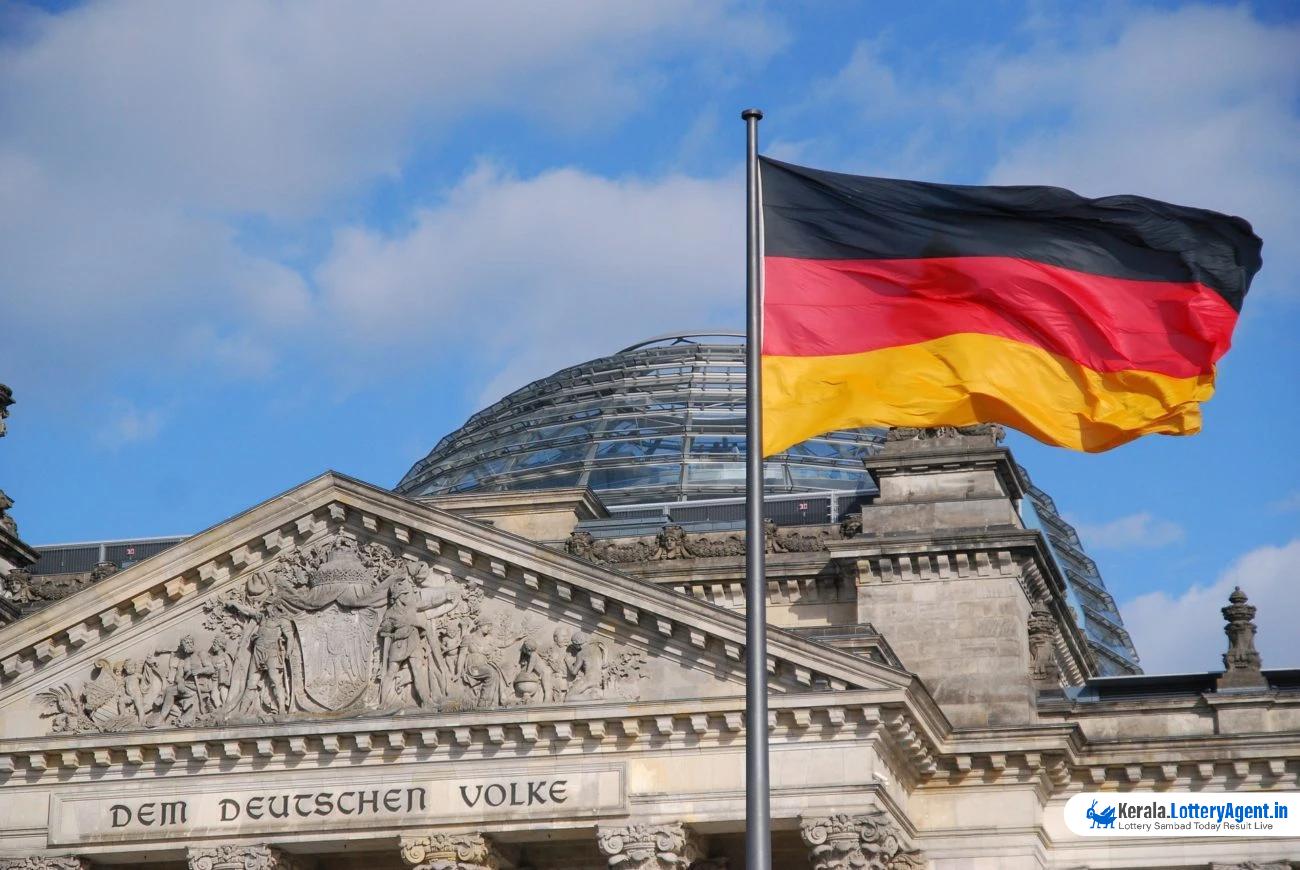
In a decisive stance, German experts have voiced strong opposition against implementing a ban on sports sponsorships, emphasizing the critical role these sponsorships play in sustaining sports in Germany and the cascade of financial losses such a ban could trigger. Their rationale primarily hinges on the indispensable funding that sponsorships bring to sports, a wellspring of support that could otherwise dry up without such financial backing.
Inka Müller-Schmäh, Managing Director of the Association of Sports Sponsorship Providers, underscored the need for a robust legal framework to guarantee that sport sponsorships continue to bolster German sports. “Sports sponsorship must remain possible, no matter where, when, and how sport takes place and is broadcast,” Müller-Schmäh stated firmly.
The importance of sponsorships comes into sharper focus against the backdrop of Germany’s entanglements with the black market. Stringent restrictions have inadvertently nudged players towards offshore operators. This is particularly evident from a 2023 study conducted by the University of Leipzig, which revealed that the channelisation rate—directing players to legal German online operators—was a mere 50.7%. Alarmingly, nearly half of all German bettors are wagering with illegal operators, raising red flags about the safety and protection of these bettors.
Furthermore, the regulatory landscape in Germany is characterized by strictly enforced advertising restrictions. Online and television advertisements for gambling are prohibited between 9pm and 6am. Additionally, there are tight constraints on showing sports clips in advertisements, and a prohibition on partnering with sports personalities and influencers.
Luka Andric, Managing Director of the German Sports Betting Association (DSWV), expressed concerns over the “extremely strict” restrictions, suggesting they might be among the strictest globally, barring absolute monopoly systems or complete advertising bans. “It’s probably one of the strictest around, unless you take a monopoly system or somewhere where you have a complete ban on advertising,” Andric conveyed to iGB.
Looking beyond Germany, other countries have also adopted stringent measures around sports sponsorships. The Netherlands, for instance, imposed a ban on sports sponsorships as of July 2023. Despite this, a transitionary period has been instituted to allow the termination of existing agreements under the previous regulations.
Similarly, France introduced new sports sponsorship regulations in 2023. The French regulator, Autorité Nationale des Jeux (ANJ), attributed these changes to the evolving role of sponsorships in the nation. Between 2022 and 2023, sport partnerships with legal operators saw a significant increase of 20%, reaching €40.7 million. Intriguingly, clubs also inked €15 million worth of sponsorships with unlicensed sites targeting African and Asian players.
The scenario in England adds another dimension to the sponsorship debate. In a notable development last April, English Premier League clubs collectively agreed to cease sponsoring gambling companies on the fronts of shirts starting from the conclusion of the 2025-26 season. Notwithstanding this impending change, the market continues to attract interest. For instance, Aston Villa recently signed a deal with Betano in April 2023, allowing the operator to be its front-of-shirt sponsor until 2026.
Returning to Germany, the opposition to a sports sponsorship ban is fortified by a consideration of what is at stake. A prohibition could sever a critical financial artery that sustains not just the sporting events themselves, but also the infrastructure, training, and broad-ranging opportunities they generate. The call for a well-defined regulatory framework, rather than an outright ban, reflects a nuanced approach aiming to reconcile the need for regulation with the economic realities of sports funding.
Müller-Schmäh’s insistence on the uninterrupted continuation of sports sponsorship resonates with the broader sentiment that without such support, the landscape of German sports could face destabilization. The dialogue around the regulation of sports sponsorships continues to churn as stakeholders seek a balanced path forward, weighing the imperatives of ethical, safe betting environments against the economic dependencies and benefits of sponsorship within the sports domain.
Thus, as Germany grapples with the complexities around sports sponsorship, the voices urging caution against a ban highlight the deeper interplay between regulation, economic viability, and the safeguarding of sports integrity and funding. Policymakers will need to navigate these waters carefully to ensure that both the integrity of sports and the safety of bettors are upheld, while also maintaining the essential financial lifelines that sponsorships provide.












